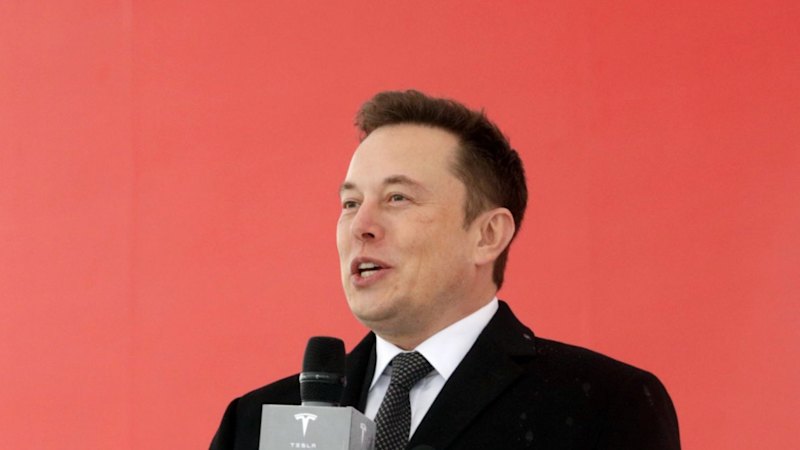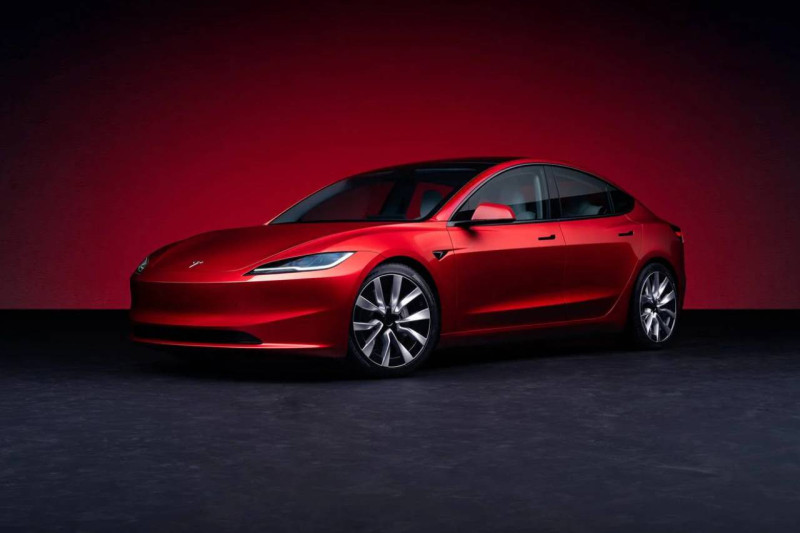
Viasat asks FCC to halt Starlink launches while it seeks ... - SpaceNews
- by SpaceNews
- May 25, 2021
- 0 Comments
- 0 Likes Flag 0 Of 5

SpaceX
TAMPA, Fla. — Satellite operator Viasat is asking the FCC to stop SpaceX from launching more Starlink satellites as it heads to court to compel a thorough environmental review of the rapidly growing megaconstellation.
On Friday, Viasat formally asked the
Federal Communications Commission
to stay an April 27 license modification that allows SpaceX to continue building out the broadband constellation, which already numbers more than 1,600 satellites.
Starlink surpassed the 1,584 satellites permitted under its previous license in 550-kilometer orbits soon after launching a fresh batch of 52 satellites May 15. SpaceX is slated to launch 60 more May 26.
Viasat’s bid to stop or at least slow Starlink’s expansion rests on convincing a federal appeals court that the FCC was legally obligated to assess the megaconstellation’s environmental impact before approving SpaceX’s request to more than double the number of satellites it intends to operate from 550 kilometers.
A new email series explaining the Golden Dome initiative and what it means for the space industry, breaking down the latest developments. Sign up now to receive the first edition.
Sign up
By submitting this form, you agree to the SpaceNews privacy policy and terms and conditions and to receive email from us and our partners. You can opt-out at any time.
The FCC originally approved a 4,409-satellite constellation, which included 2,825 satellites in orbits of 1,100 to 1,300 kilometers and 1,584 satellites at 550 kilometers. The FCC approved on April 27 a SpaceX application to modify that license, moving the satellites in the higher orbits to 550 kilometers and tweaking the size of the overall constellation to 4,408 satellites.
The company says it sought the modification to reduce latency, or signal lag, between space and the ground to improve video calls, gaming and other activities on the network.
In December, the FCC
awarded SpaceX $890 million under the first phase of the Rural Digital Opportunity Fund (RDOF), which aims to bring broadband service to unserved homes and businesses in the United States. Low latency was a key qualifying criterion for receiving funding.
Stopping Starlink
Of the more than 1,600 Starlink satellites in orbit, roughly 700 have launched since January. A Falcon 9 launch slated for May 26 from Cape Canaveral, Florida, would be the 13th Starlink launch of 2021.
Viasat is asking the FCC to hit pause on further launches until federal courts can review the legality of the license modification.
Carlsbad, California-based Viasat, which provides broadband services from geostationary orbit (GEO),
had petitioned
the FCC to conduct an environmental review before granting the license modification as part of the National Environmental Policy Act (NEPA), which currently categorically exempts satellite systems, but says this did not happen despite megaconstellations bringing new considerations for regulators.
Some astronomers had also requested an environmental assessment, worried about how the constellation’s reflectivity affects ground-based telescope observations.
The FCC by and large rejected the requests when it
approved the license modification
, although it did urge SpaceX to continue to work closely with astronomers to mitigate the brightness of its satellites. The FCC offered several reasons for not performing an environmental assessment, from questioning whether light pollution is covered by NEPA to noting that the Federal Aviation Administration does its own environmental reviews as part of the launch licensing process.
Viasat said in a May 21 filing to the FCC that NEPA required it to at least consider environmental harms before granting SpaceX’s application, such as orbital debris, light pollution and the effect
disintegrating satellites could have
Please first to comment
Related Post
Stay Connected
Tweets by elonmuskTo get the latest tweets please make sure you are logged in on X on this browser.






 Energy
Energy


















